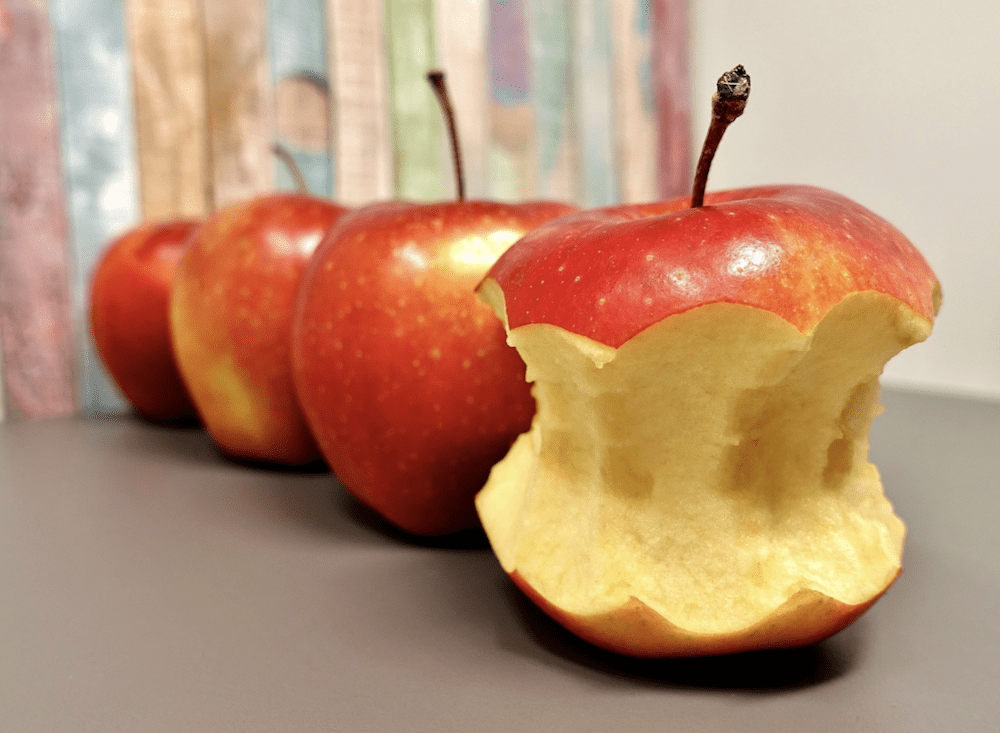
Here's Why You Should Take Your Time When Chewing Food

Most us can remember that admonishment from our childhood: “Chew your food!”
But in spite of the fact that many of our parental figures spent years trying to teach us to slow down and chew each bite of food before swallowing, it seems most of us failed to internalize the message.
While our parental figures might have been wrong about a few things, this is one message they got right. It is important to thoroughly chew your food. That’s true for reasons that have to do with all aspects of our health, but we’re going to focus on dental health for the purposes of this article. Here are three oral-health-related reasons why you really should slow down and chew your food.
Chewing your food properly aids digestion.
Chewing helps signal to the body that it’s time to rev up its digestive engines. When we chew slowly, that gives our bodies time to prepare all the systems necessary for breaking down food particles and processing food through the digestive tract.
This helps explain why research suggests thoroughly chewing our food allows us to absorb more nutrients. Because chewing slowly gives the digestive system time to prepare for the food coming its way, our bodies are able to draw out as many nutrients as possible.
How does this relate to oral health? Because more and more research suggests a nutritious diet and healthy gut are strongly linked to the health of our mouths. The better our bodies are able to absorb nutrients, the better equipped they’ll be to fend off oral health issues.
Chewing your food properly increases saliva production.
The more you chew, the more saliva your mouth will produce. This matters for a number of reasons. For starters, that saliva contains digestive enzymes that coat the food and facilitate digestion. (We’ve explained why that’s important above.)
Saliva production is important for oral health in another way, too. When saliva is released in our mouths, it helps “rinse” food particles and bacteria from the teeth. This minimizes the amount of particles that stick around on our teeth, which can slow down plaque and tartar formation. Adequate saliva production also plays a big role in tooth remineralization, which helps protect against cavities.
So there you have it: It really is important to take your time when chewing your food. While this may require a transition as you create more mindful eating habits, that effort will pay off in the form of better dental health (and better overall health) down the line.
You Might Also Enjoy...


What Happens If I Don’t Get a Crown for My Damaged Tooth?

When Is the Right Time for My Child to Get Braces?

Benefits of Using a Snore Guard

How to Help Your Child Remain Consistent with Invisalign


